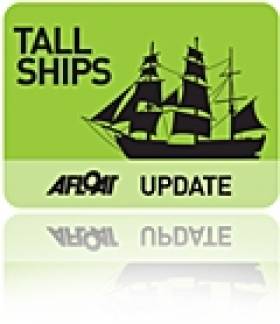Displaying items by tag: Paulo Ekkebus
Safety of World's Tall Ships In Question
Safety on the world's 700 sail training tall ships has been called into doubt, Sail World reports.
The concern comes following an investigation into the sinking of Canadian tall ship Concordia off the coast of Brazil last year.
The ship capsized in a squall on 17 February 2010. All 64 passengers and crew spent two days adrift in lifeboats before being rescued.
Investigators from the Transportation Safety Board of Canada concluded last week that no action was taken to prevent capsizing, such as reducing sail or changing course, because the officer-in-charge did not realise the ship was in danger.
The board also learned that the officer-in-charge was able to get his certification without having to familiarise himself with information on the handling and stability of the ship, and found that this lack of a requirement is universal across the world's sail training vessels.
Senior investigator Paulo Ekkebus said this was "a large concern" and called for stricter standards worldwide.
He added: "We’ve not been able to find any country, any flag-state, requiring the study, or for people that they are familiar with this type of information, if it is provided on board the ship."
Sail World has much more on the story HERE.
























































